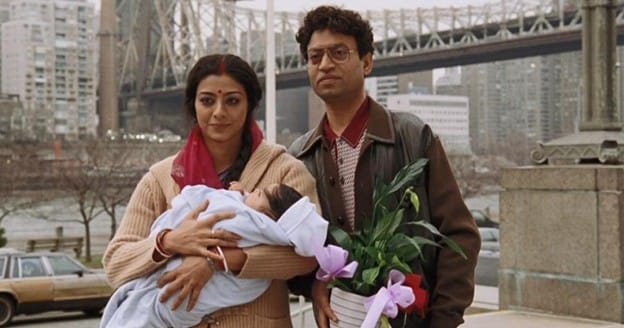Not long ago I watched a truly fascinating movie called The Namesake. It was the story of a young couple who enter an arranged marriage at home in India, and then quickly move to the United States because of the demands of the husband’s career. Because their marriage is an arranged marriage, they do not even really know each other. The young woman learns to have sex, to have children, to raise those children, to speak English, to keep a home, to drive a car, and pretty much everything else in a standard American life, all married to a man that at first she didn’t even know—but whom she comes to know as only a wife does.
Near the end of the movie, the woman, now a widow, announces to all her friends and family that she is going to sell the home that she and her late husband raised their two children in, and move back to India where she grew up. Her husband is dead, her children are grown. Now she is coming to grips with the fact that part of her heart has always been back home in India with her family, her people, and her singing. Here is a short bit of the tearful speech she gives:
For twenty-five years I have missed my life in India. And now I will miss my life here, and all of you who became my family. I will miss living with my daughter and the surprising friendship we found. I will miss phoning my son at all times of day or night. And I will miss this country in which I have grown to know and love my husband. And though his ashes are now scattered in the Ganges, it is here, in this house, in this town, amongst all of you, that he will continue to dwell in my heart.
There is one little bit of that talk that hit me like a hammer: “And I will miss this country in which I have grown to know and love my husband.”
What? She grew to know and then love her husband over the course of twenty-five years? That hardly makes any sense at all to most of us here in America. We think that marriage is a response to, actually the ultimate destination of, the experience of falling in love. Her experience was radically different. In her culture, marriage was primarily about continuing the family and the society. Feelings of love came later.
So I have a challenge for you. Which culture’s view of married love more closely matches God’s view revealed in the Bible: India’s or America’s? And I double dog dare you to quote me actual Bible verses to back up your answer.
Ready? Go!

